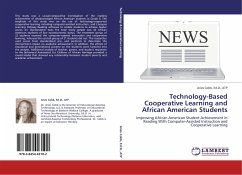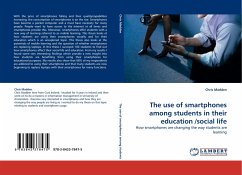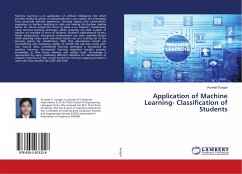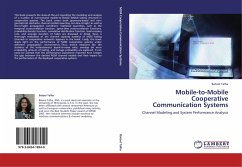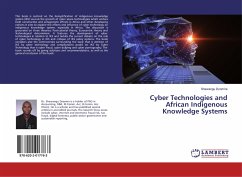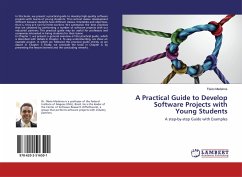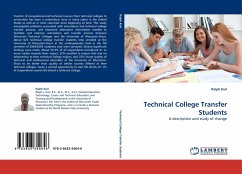This study was a causal-comparative investigation of the reading achievement of disadvantaged African American students in Grade 8. The emphasis of this study was on the use of technology-supported cooperative learning including computer-assisted instruction, and Compass Learning Odyssey Reading software to enable students to achieve higher scores on standardized tests. The total study sample was 43 African American students of low socioeconomic status. The treatment group of 22 students received the computer-assisted instruction and cooperative learning, whereas the control group of 21 students did not. The researcher used scores from standardized pre- and posttests to determine the intervention's impact on academic achievement. In addition, the effects of situational and generational poverty on the students were factored into the analysis. Additional analysis of teacher, parent, and student responses to the Behavioral Assessment for Children of African Heritage provided a causal model that showed any relationship between student poverty and academic achievement.
Bitte wählen Sie Ihr Anliegen aus.
Rechnungen
Retourenschein anfordern
Bestellstatus
Storno

